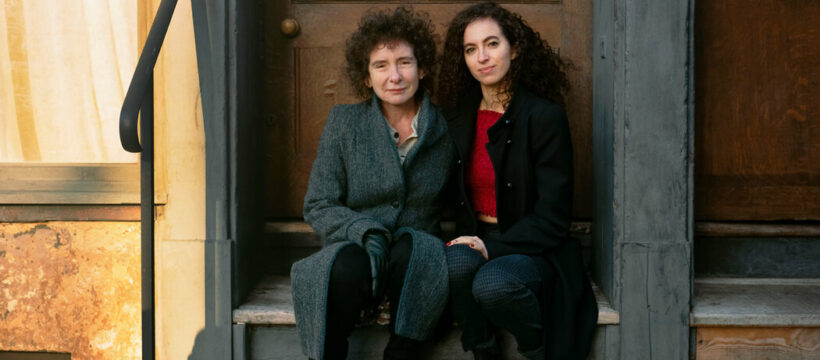Jeanette Winterson: I was there when Eleanor was born, and the first thing I did was tell her a story. She’s the daughter of my oldest friend, Vicky Licorish, whom I met at Oxford University in 1979. I never wanted children of my own, and it’s not a decision I regret, but I love having her in my life. From the beginning, she would come stay with me, and reading and writing were what we did. I wanted her to have some of the delight and the playfulness that I have with language. We all suffer but, for me, writing has been a joy. It’s given me more than anything else in my life, and I wanted to pass that on.
culture banner
Through me she saw that it’s possible to live life as a writer, practically as well as creatively. We’re very different writers, and I like that. We both use history, but I use it as a mind-altering drug rather than as a researched and verifiable past. I’m fascinated by inner states, and not that bothered about what’s generally called reality.
Eleanor’s work has caused me to hold tighter to my core belief that you must tell the story you want to tell. For her generation, there’s often this terror that everything has to be about the moment, so it’s great for me to see her saying, “No, I want to write a historical novel.” It was easy when I was young because there wasn’t this pressure to achieve instant success. But I’ve said to her, “If the reviews are good, you’ll be delighted; if they’re not so good, you’ll be downhearted. Either way, it’s the same book. It’s about having the confidence that you did what you wanted in your own way.”
Eleanor Shearer: Jeanette got a police escort so she could be there when I was born. She was caught up in traffic behind an accident, and when she told the police she was attending a home birth, they mistook her for a midwife. Even before I started reading her work, the way she spoke shaped the way I use words — carefully and deliberately. She’s very generous with her advice but, because she’s so independent, she’s also a big advocate of leaving me to deal with things myself.
It was only when I started writing my first novel, “River Sing Me Home,” which is set in the Caribbean just after the abolition of slavery, that I found my voice. I’m quite a self-critical person, and very aware of what other people think of me. One reason I like historical fiction is that it helps me feel like my ego isn’t a part of it: It’s like I’m a vessel for my protagonist’s story. And so I think, “I’m entitled to ask for people’s time and attention for this book because it’s not about me.”
Interviews have been edited and condensed.
legends & heirs footer





























Source: Read Full Article












